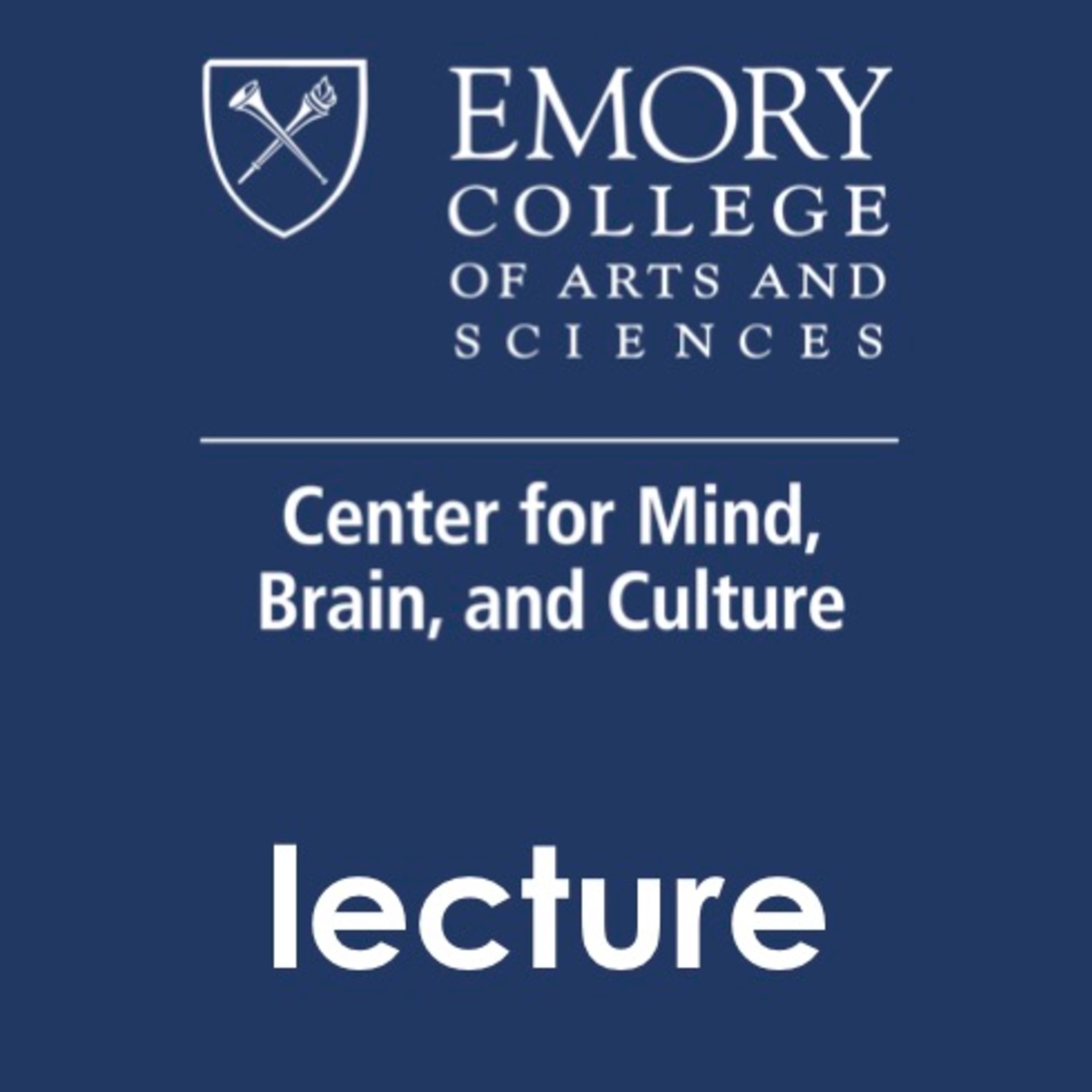Lecture | Ellen Bialystok | Bilingualism: Consequences for Mind and Brain

A growing body of research points to a significant effect of bilingualism on cognitive outcomes across the lifespan. The main finding is evidence for the enhancement of executive control at all stages in the lifespan, with the most dramatic results being maintained cognitive performance in elderly adults and protection against the onset of dementia. These results shed new light on the question of how cognitive and linguistic systems interact in the mind and brain. I will review evidence from both behavioral and imaging studies and propose a framework for understanding the mechanism that could lead to the reported consequences of bilingualism and the limitation or absence of these effects under some conditions. (November 11, 2015) Sponsored by the CMBC with additional support from the Departments of Psychology, German Studies, French and Italian Studies, Russian and East Asian Languages and Cultures (REALC), Middle Eastern and South Asian Studies (MESAS), the Emory College Language Center (ECLC), the Program in Linguistics, and the Hightower Fund.